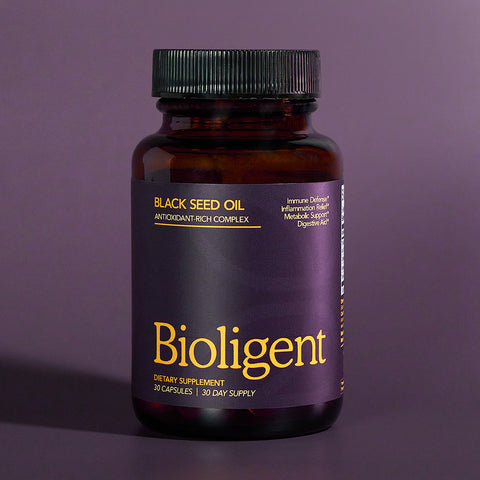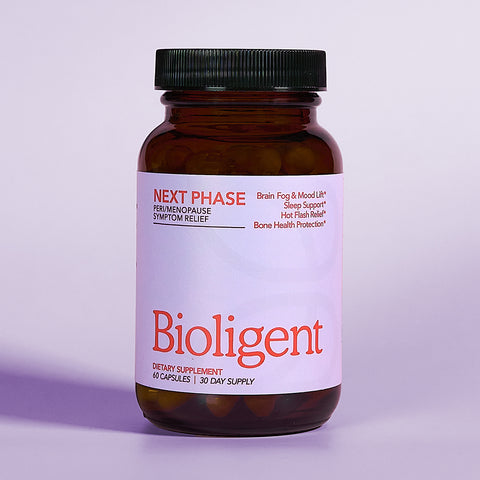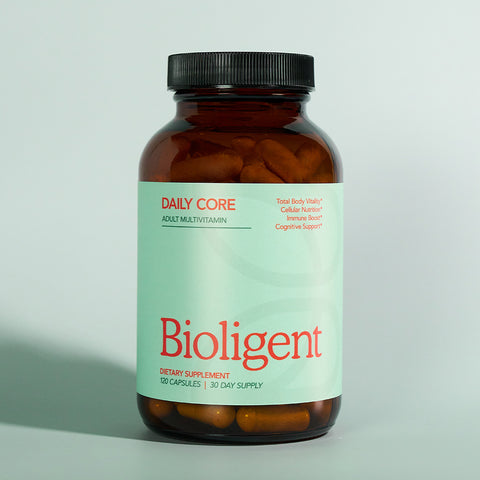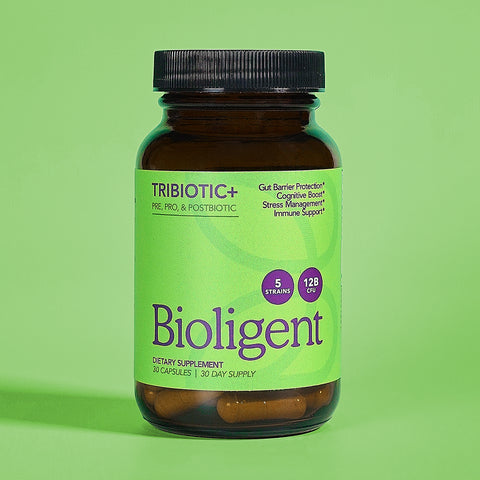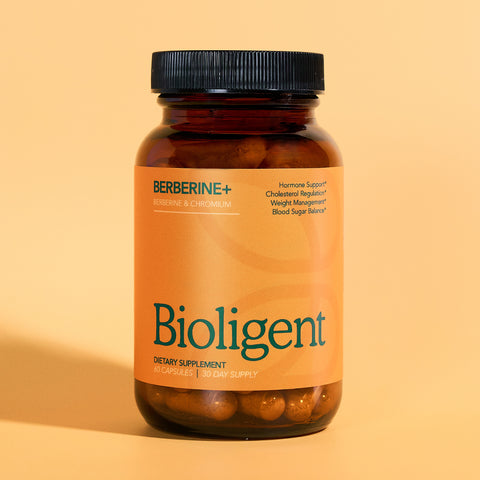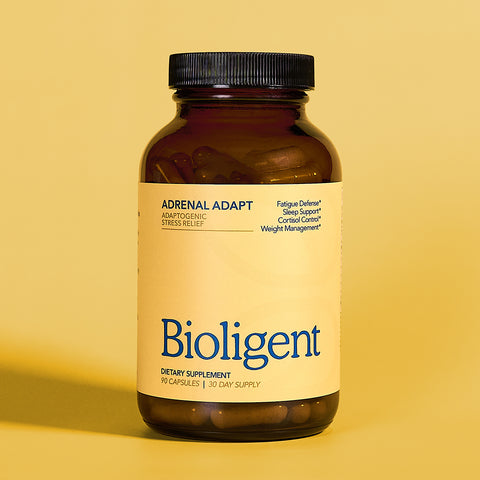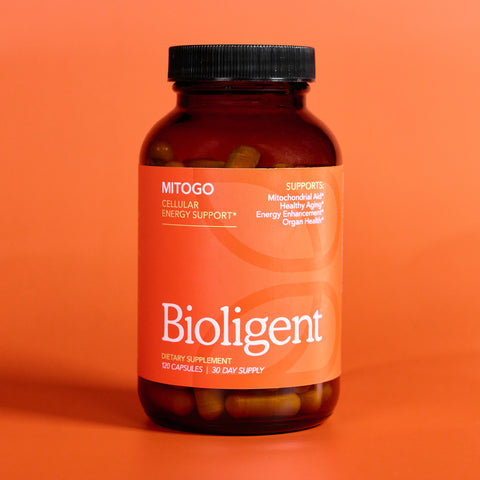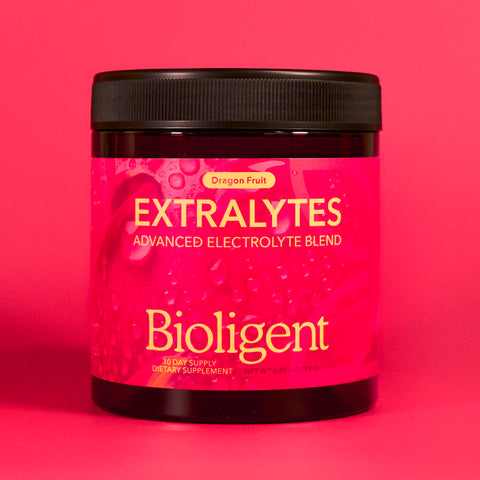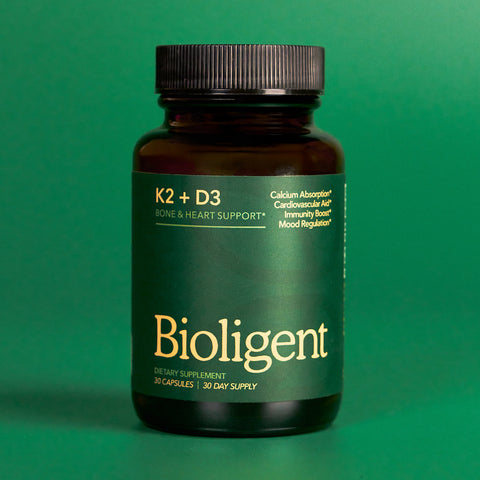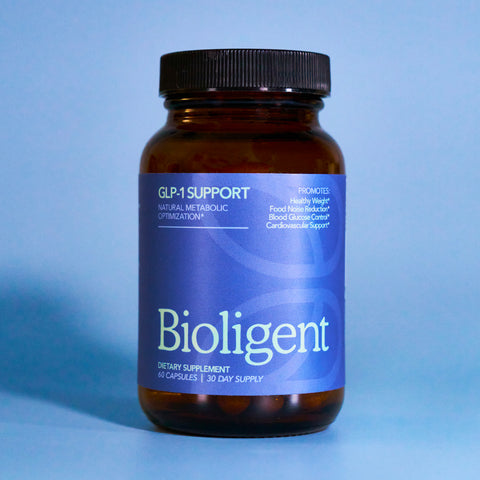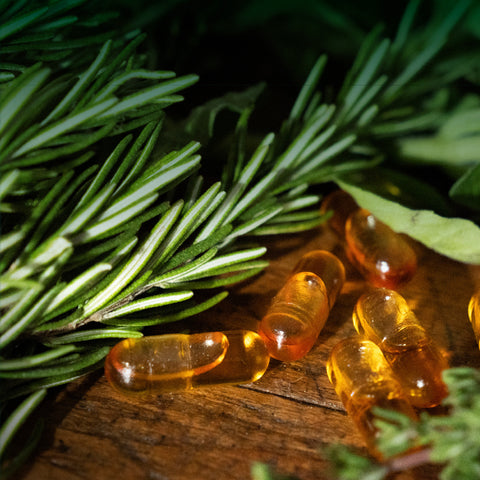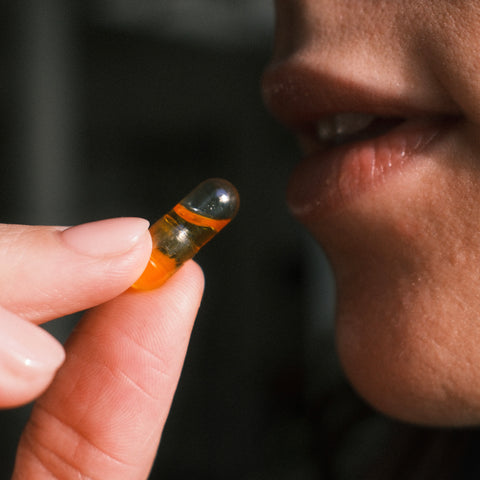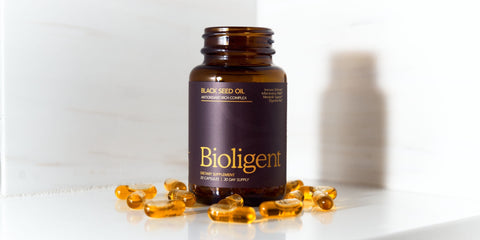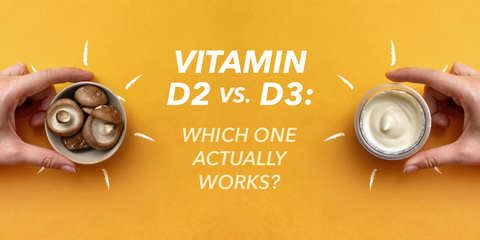Hot flashes often come at the worst possible times. You might be in the middle of a meeting, relaxing at home, or trying to sleep, and suddenly your body feels like it’s on fire. For many women going through perimenopause or menopause, these intense waves of heat are more than just an inconvenience.
Studies estimate that around 75% to 80% of women experience hot flashes during their perimenopausal years, and a drop in estrogen levels is believed to play a big role in why they appear.
The upside is that there are natural ways to find relief. Simple changes in your daily routine, along with gentle support from the right supplements, can help you feel cooler and more comfortable. Instead of letting hot flashes control your day, you can take small steps that bring real comfort and balance.

Hot Flashes in Perimenopause and Menopause: Why Do They Occur?
Hot flashes in perimenopause and menopause are among the most common symptoms women experience during this stage of life. They happen because hormonal changes, especially lower estrogen levels, interfere with how the body controls temperature. The brain misreads the signal and reacts as if you are overheating. The result is a sudden rush of warmth, often followed by sweating, flushing, and sometimes chills.
Some women only deal with mild heat that passes quickly. Others experience hot flashes several times a day, and they can feel intense enough to interrupt work, sleep, and everyday comfort. Night sweats, which are hot flashes that strike during sleep, can be especially frustrating since they leave you feeling drained the next morning.
Understanding why hot flashes occur makes it easier to focus on solutions. Once you know they are linked to hormonal shifts, you can start exploring natural options for menopause hot flash relief.

Natural Remedies for Hot Flashes
If you are dealing with hot flashes, there are several natural ways to find relief without relying on medication. Here are some of the most effective strategies:
1. Stay Cool and Dress Smart
Wear lightweight, breathable fabrics like cotton or linen. Layer your clothing so you can easily remove pieces when a hot flash starts. Keeping a small fan or a cold pack nearby can also help you cool down quickly.
2. Watch Your Diet
Certain foods can trigger hot flashes, including spicy dishes, caffeine, and alcohol. Focus on a balanced diet with plenty of water, fruits, and vegetables to help your body regulate temperature.
3. Practice Relaxation Techniques
Stressful moments, like rushing to meet a deadline at work, juggling family responsibilities, or even sitting in traffic, can make hot flashes come on stronger. Finding ways to relax can make a big difference. Deep breathing, meditation, or even a few minutes of gentle yoga can calm your nervous system and ease the intensity of hot flashes. You don’t need a full hour-long routine; sometimes just pausing to breathe deeply or stretch can help your body reset.
4. Exercise Regularly
Moderate exercise like walking, swimming, or light strength training can improve circulation and hormonal balance, which may lessen hot flashes over time.
5. Try Herbal Support
Certain herbs, such as chamomile or red clover, have been linked to relief from menopausal symptoms. While results vary, many women find these natural remedies helpful alongside lifestyle changes.
6. Consider Supportive Supplements
Certain natural supplements can help manage hot flashes and other menopause symptoms. Next Phase contains ingredients like chamomile and chasteberry that support hormonal balance and can make hot flashes easier to handle. Always check with your healthcare provider before starting any supplement.
These natural remedies for hot flashes are easy to try and can make a meaningful difference in your daily comfort. Combined with supportive supplements like Next Phase, they can help you manage symptoms and stay cool through perimenopause and menopause.

How Can You Manage Hot Flashes at Night?
Hot flashes that strike during sleep, often called night sweats, are another one of the most frustrating symptoms of menopause. They are caused by the same hormonal changes that trigger daytime hot flashes, but they feel even more disruptive because they wake you up in the middle of the night.
Fortunately, there are practical ways to make hot flashes at night easier to handle.
1. Cool Down Your Bedroom
Keep the room temperature lower than usual and use a fan or open a window for better air circulation. A cooling mattress topper or moisture-wicking sheets can also help you stay comfortable through the night.
2. Choose Lightweight Bedding
Heavy blankets trap heat and can make night sweats worse. Instead, opt for breathable fabrics like cotton or bamboo, which allow air to circulate and keep your body cooler.
3. Create a Calming Evening Routine
Relaxation before bed is an important part of natural menopause support. Herbal teas like chamomile or peppermint, gentle stretching, or quiet reading can reduce stress, which often triggers night sweats. Avoid caffeine, alcohol, and spicy foods in the evening since they can raise body temperature.
4. Keep Cool Aids Nearby
Place a glass of cold water by your bed, keep a portable fan within reach, or have a cool cloth ready to use when a hot flash wakes you. These small tools can help you get back to sleep more quickly.
Adapting these habits may help reduce the intensity of night sweats and improve the quality of your sleep. Managing hot flashes at night may take some trial and error, but even small steps can lead to big improvements in comfort.

Supplements for Hot Flash Relief: Natural Menopause Support
Lifestyle changes can make a difference, but many women also explore natural supplements for extra support during menopause. Herbal remedies like chasteberry, chamomile, black cohosh, and red clover have been studied for their potential to ease common concerns such as hot flashes, night sweats, mood swings, and sleep troubles.
While these options may offer relief for some, the effects can vary from person to person. It’s always best to consult your healthcare provider before adding anything new to your routine, especially if you’re already taking medications or managing other health conditions.
For those looking for a gentle, targeted option, Next Phase was thoughtfully developed to support women through perimenopause and menopause. Featuring ingredients like chamomile and chasteberry, it’s designed to ease discomfort from hot flashes and night sweats while encouraging a calmer mood and a smoother transition.
If you’re seeking a natural way to stay more comfortable through these changes, Next Phase can be a supportive addition to your wellness routine.

Ease Your Journey Through Menopause With Bioligent
Hot flashes are one of the most common and frustrating symptoms of menopause, but they don’t have to control your day. Small changes, like keeping your environment comfortable, creating a calming evening routine, and adopting healthy lifestyle habits, can make a noticeable difference in how you feel.
Many women also turn to natural support to help ease the transition through perimenopause and menopause, whether it’s reducing hot flashes, managing night sweats, or supporting overall balance.
Ready to explore gentle, natural ways to feel more at ease?
Next Phase can be a supportive companion as you move through this stage of life.
Frequently Asked Questions:
How can a woman stop hot flashes?
While hot flashes can’t always be stopped completely, there are natural ways to make them less disruptive. Staying cool, reducing stress, exercising regularly, and avoiding common triggers like caffeine or spicy foods can help. Some women also find relief with natural menopause support, such as supplements designed to ease symptoms.
What is the best remedy for hot flashes?
The best remedy varies from woman to woman. Many find that a mix of lifestyle changes and natural remedies for hot flashes works best. Herbal support, relaxation techniques, and a balanced diet are common approaches. A supplement like Next Phase may also provide gentle support for easing symptoms.
What can I drink to reduce hot flashes?
Cold water is one of the simplest ways to cool down quickly during a hot flash. Herbal teas like chamomile or peppermint can also promote relaxation and may help reduce hot flashes naturally. Limiting alcohol and caffeinated drinks is equally important, since they can trigger symptoms.
What is your body lacking when you have hot flashes?
Hot flashes are linked more to hormonal fluctuations than to a specific nutrient deficiency. However, maintaining balanced nutrition with enough vitamins, minerals, and hydration supports your overall health and may make symptoms easier to manage.
At what age do hot flashes stop?
There’s no single age when hot flashes stop. For many women, they gradually improve within a few years after menopause, but for others, they may last longer. Every experience is unique.
At what stage of menopause are symptoms worse?
Hot flashes are often most intense during perimenopause, when hormone levels start fluctuating significantly. Some women continue to experience them into postmenopause, though the severity usually decreases with time.
How many years do hot flashes last?
On average, hot flashes last between 4 and 7 years, but some women may experience them for a shorter or longer period. Natural menopause support, including lifestyle changes and supplements, can help make this stage more manageable.
